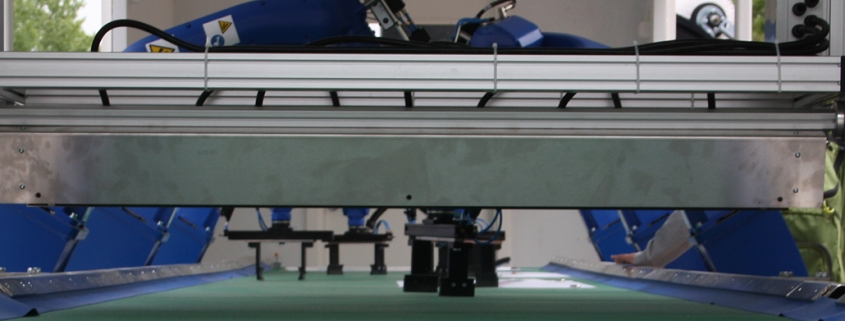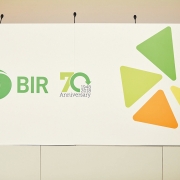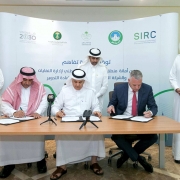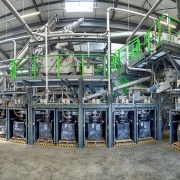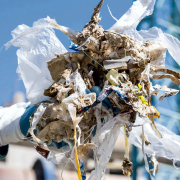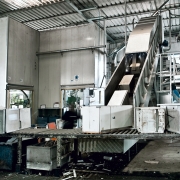Digitalization Trends and the Global Waste Recycling Market
According to the international research and consulting company Frost & Sullivan, smart bins, robotic sorting, mobile applications, smart trucks, and analytical tools as well as optimization software solutions are creating new growth opportunities.
Frost & Sullivan’s analysis, titled “The Impact of Digital Transformation on the Waste Recycling Industry”, finds that the adoption of advanced technologies, development of digital solutions, and new business models will create new growth opportunities in the global smart waste management industry. The market is projected to reach a revenue of 3.6 billion US-Dollar by 2020. Frost & Sullivan expects Internet of Things (IoT), Smart Cities, circular economy, and partnerships with information technology companies and start-ups to fuel new digital transformation.
“Companies should leverage IoT and big data to optimize and increase the efficiency of their waste management processes and strengthen client relationships,” Akshaya Gomatam Ramachandran, Energy & Environment Research Analyst at Frost & Sullivan, is convinced. “Partnerships and collaboration with IT companies and start-ups will further enhance product innovation, customer engagement, and cost-effective business models.”
Five digital transformation trends were identified to create new opportunities within the waste recycling industry:
■ Use of waste data tracking includes RFID technology and fill sensors to detect fill levels and monitor all the materials generated, reused, and recycled;
■ development and adoption of digital solutions such as smart bins, smart trucks, robotic sorting, mobile applications, and analytical tools as well as optimization software;
■ implementation of key innovative business models such as freemium (a pricing strategy by which a product or service is provided free of charge, but money is charged for additional features or services) and Everything-as-a-Service (XaaS);
■ focus on customer experience (CX) to build strong relationships with companies and end users;
■ adoption of crowdsourcing and customization to boost demand for big data analytics and cloud computing.
The Impact of Digital Transformation on the Waste Recycling Industry is part of Frost & Sullivan’s Energy & Environment Growth Partnership Service program.
Photo: O. Kürth
GR 2/2018

